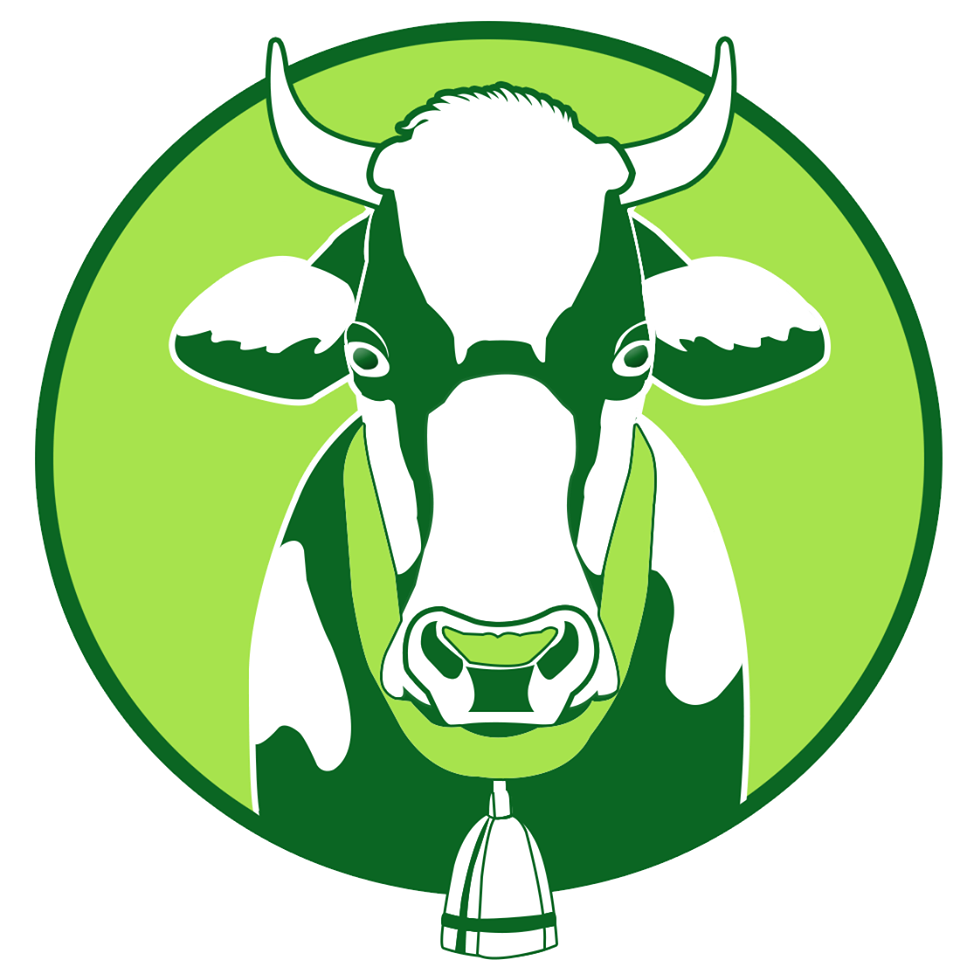
In Africa, smallholder farmers lose over a million farm animals worth over four billions of dollars to endemic livestock diseases that could be prevented with vaccines. Cowtribe has developed a platform that allows farmers to subscribe to livestock vaccines and get it delivered to them by qualified veterinarians.

Co-Founder, Awin Peter Atibill
Name: Cowtribe Technology, Ltd.
Location: Tamale, Ghana
Website: www.cowtribe.com
Product / Service Offering: Livestock Technology/Vaccine Delivery
Co-founder Interviewed: Awin Peter Atibill
Other Key Management Team Members: Alimatu Bawah Wiabriga
This article is part of our Business Startup Spotlight series featuring entrepreneurs and their companies. We hope that these founders’ interviews will inspire and motivate you as you undertake your own entrepreneurial journey.
Tell us a little about yourself with a focus on what motivates you.
I am a disruptive innovation enthusiast. I was born into a small family of livestock keepers from a tiny village in northern Ghana. My passion is finding simple solutions to everyday problems in order to make life easy for people living in hard to reach places.
When did you establish your company and where did the idea originate?
We started experimenting with the idea at the beginning of 2015 but finally launched in May 2016. The mindset has always been to pursue an entrepreneurial career after university. However, the idea to found Cowtribe was significantly influenced by my appreciation for the contribution of livestock in my life, and that of the millions of poor farmers who depend on them.
As a child, I had lived with my grandfather in the village while my father traveled to the city to look for work. My grandfather had a lot of cattle and as the youngest member of the family, it was my task to shepherd the animals. My reward came from the good milk from the cows and the occasional opportunity to hunt wild birds. I really didn’t like my job because sometimes we had to sleep in the bush. One evening when I returned from the bush and went to my grandpa. I asked him to give away the cattle to our neighbors so we can all rest. On that evening my grandpa just looked me, and asked: “If I gave all the cattle out tonight, where will you get milk to drink tomorrow?”
None of these words made sense to me until years later when I got to the University. As a matter of fact, without my grandfather’s cattle, I would not have finished my education. I understand that my grandpa and the millions of livestock farmers in Ghana do not keep these animals for fun. Undoubtedly, livestock is a key source of livelihood and often their sale can provide quick cash in times of need. Families can put food on the table and send their children to school. Yet annually, these farmers continue to lose millions of their animals to preventable diseases.
5 Ways to Kickstart Your Concept Into a Startup
What need or needs does your company seek to fill for its customers?
Cowtribe was born out of farmers’ frustration with poor and unreliable access to veterinary services in Africa. We have found that in Africa, smallholder farmers lose over a million farm animals (worth over four billion dollars) to endemic livestock diseases that could be prevented with vaccines. Yet only 30% of the livestock in Africa are receiving quality vaccines due to poor service coordination.
Cowtribe has developed a platform that allows farmers to subscribe to livestock vaccines and get it delivered to them by qualified veterinarians. We want to be able to offer those farmers an option to access affordable, reliable vaccine services by leveraging on mobile technology. In big vision terms, we are seeking to help farmers keep their animals healthy no matter where they may be.
What is the one thing that sets your company apart from its competitors?
The solutions we are displacing are the biggest threat. The informal and unqualified agro-vet dealers are scattered across the country. There are hundreds of these poorly-qualified people who sell generally poor quality services to customers. This trickles down the entire customer experience. Most of these dealers use counterfeit products.
7 Steps to Assess Your Concept’s Competitive Environment
We are in a position to disrupt the status quo with an all-in-one solution via subscription model that allows the customer to request and receive reliable, affordable services from certified providers. Cowtribe also has a completely transparent pricing model that guarantees value for money. Finally, we counteract one big advantage that these informal dealers have by retaining a large network of agents who can educate, sell and service these customers. We believe the network presents an advantage and the more traction we gain, the more difficult it is for competitors to displace us.
What was the biggest challenge you faced while getting your company up and running, and how did you overcome it?
The most challenging part is to gain customer trust when you are in an industry that is filled with poorly qualified providers. The first months of the business were very stressful. We had no idea of what type of customers we wanted, or what numbers we needed to see early on to validate our theories about the business. This did not come easily because we discovered our target users were particularly hesitant to try us.
Key to Startup Success: Customer Discovery [Infographic]
Once some customers subscribed and got the delivery, they recommended us to other farmers. What we did quickly was to introduce a strong referral program to reach more users at a lesser cost. We also found partnering with local organizations as a key piece in our continuing growth. Partnering with the local organization allows leverage on their ground presence to reach larger groups of potential customers.
Are there resources you have utilized that other founders might find compelling or useful?
Try lean startup. Launching a technology company in a fairly unexplored, fragmented market is challenging because everything is very new. The lean startup allows you to check your assumptions, to deliver fast, and iterate quickly to find a plan that works.
What steps have you taken to secure funding for your company and what, if anything, would you do differently if you had to start over?
Up until now, we have been bootstrapping, with a goal of setting our company on the right foundation. We have succeeded in developing a direct-to-consumer model in a sector which is highly fragmented and underdeveloped. We have worked on bringing down our acquisition costs and fine-tune the entire operational model. Although there is still more to learn, we believe this the necessary order to attract potential investors. We also believe participating in Fledge will be helpful in the process.
Have there been any questions you have had as an entrepreneur of a fledgling startup that you had a particularly hard time finding the answers to?
There’s a whole bunch of questions we continue to ask ourselves! The main questions are what is needed to get providers, supplies, and information to the right clients at the right time.
Are you familiar with other startups you believe should be spotlighted? If so, we would like to hear from you. Tell us about them, sharing in your comments below!









